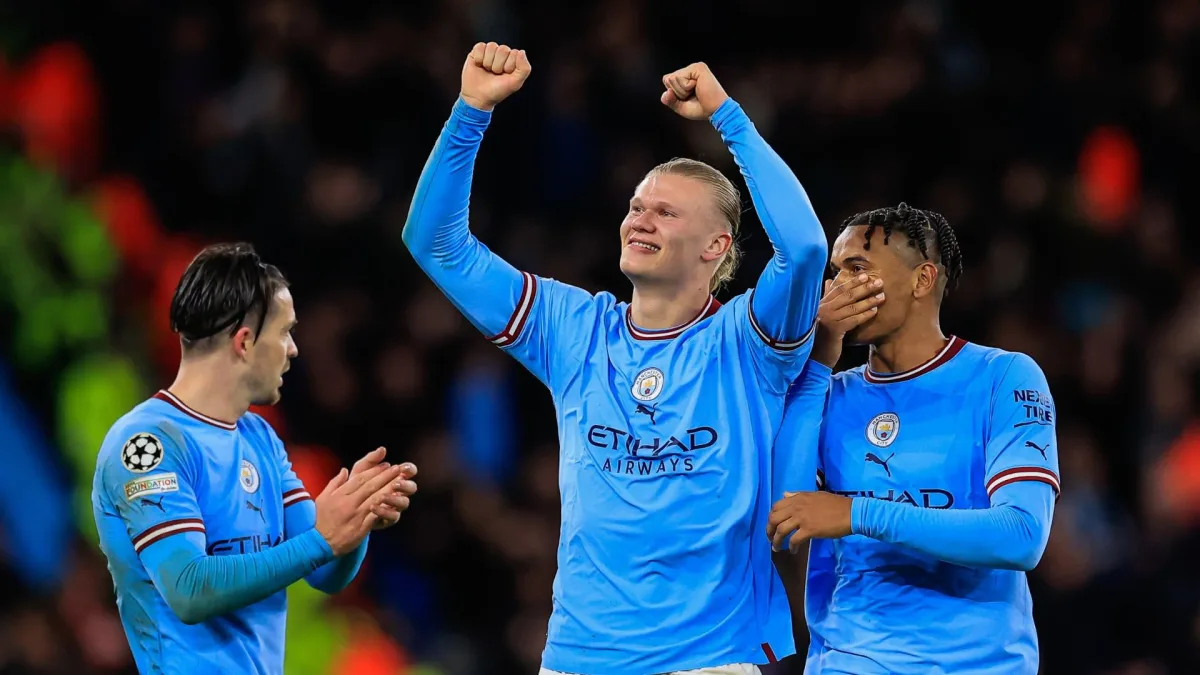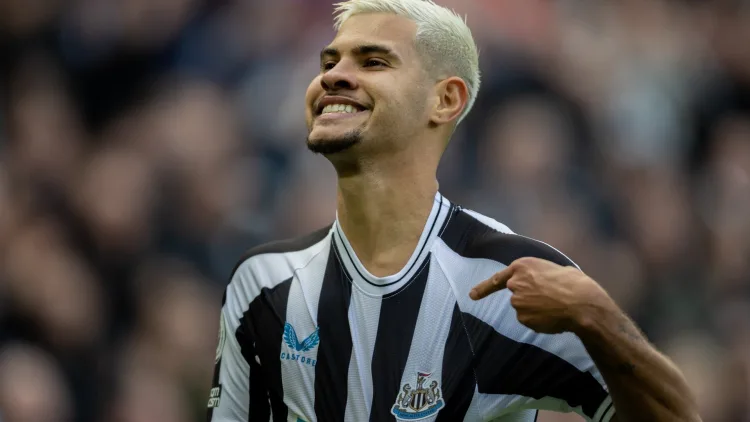- 17 hours ago
Commercial revenue: The 20 highest-earning teams in the world

Football’s ability to generate commercial revenue has grown exponentially in recent years, as clubs realize the value of their worldwide fanbase and can attract brands to get involved.
How clubs generate commercial revenue
Football clubs generate commercial revenue through a variety of means, and have been able to find ever more ingenious ways to drive revenue from multiple sources.
The broadest sponsorship deals involve brands simply putting their name next to that of the club. This can be a shirt sponsor, a sleeve sponsor, stadium naming rights or other sponsorship opportunities; Manchester United for example have everything from wine to noodle partners.
READ MORE: Matchday revenue: The 20 highest-earning teams in the world
And of course the kit manufacturer - Nike, Adidas, New Balance, Puma, and newcomers like Castore compete to display their logo next to the club crest on the front of the kit - prime real estate.
A club’s ability to negotiate maximum commercial deals fall into two distinct categories; big clubs with access to huge global audiences, and state-owned clubs utilising pre-existing state relationships to promote sponsors and increase revenue.
READ MORE: Broadcast revenue: The 20 highest-earning teams in the world
PSG and Manchester City, the latter of which remain part of an ongoing investigation, are the most prominent examples of the latter, with legitimate giants Bayern Munich, Real Madrid and Manchester United mixing it with these two clubs in the top five of the list.
| Team | Commercial Revenue (€m) |
|---|---|
| PSG | 383 |
| Bayern Munich | 378 |
| Manchester City | 373 |
| Real Madrid | 318 |
| Manchester United | 309 |
| Barcelona | 284 |
| Liverpool | 275 |
| Tottenham | 215 |
| Chelsea | 209 |
| Juventus | 194 |
| Borussia Dortmund | 174 |
| Arsenal | 167 |
| Atletico Madrid | 108 |
| Inter Milan | 87 |
| AC Milan | 87 |
| West Ham | 59 |
| Leeds United | 59 |
| Everton | 59 |
| Leicester | 50 |
| Newcastle United | 33 |
The importance of commercial revenue is intrinsically linked to on-field success in the majority of cases, as witnessed by teams further down the list.
The likes of Everton, Newcastle and Leeds, despite having significant supports and also huge broadcasting revenue, struggle to keep up commercially because not only do they not feature in European football, they regularly struggle near the bottom of the Premier League.
In Newcastle’s case that could be set to change. The investment on the pitch has had tangible results as they compete for Champions League football; at the very least, Europa League qualification seems inevitable.

There’s a clear split after Arsenal and the rest. There’s a €60m drop to Atletico, who despite regular European success recently have struggled to properly monetise the brand, as have the giants Milan and Inter.
This list is most difficult for new entrants simply because it takes time to build a brand which is commercially viable - that is, unless, you are purchased by a nation state.



















